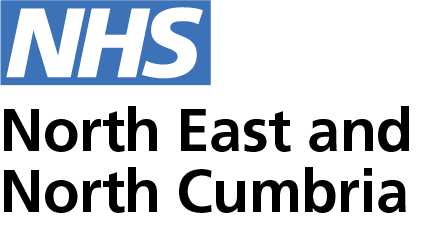"What the NHS can learn from my Dad."

Ryan Swiers is the ICB's health literacy lead and a consultant in public health at South Tyneside and Sunderland NHS Foundation Trust.
My Dad is a smart man. He’s an electrician who worked in a factory fixing large, complicated machines that most of us wouldn’t know how to turn on or off. With my Mum he raised me and my brother and probably fixed the wiring and lighting in every house on our street.
He has plenty of long term conditions now, like many people in their 70s. This means lots of letters or appointments from the NHS.
Why is that he usually has to ask me to ‘translate’ what they mean or help him understand what he’s been told? Why are we making it hard for him to understand information about his own health? Couldn’t we do this better?
Communication is part of everything we do. A leaflet from the doctor or phone call with a physio. We can make it easier, or harder, for people to understand and use health information.
As health professionals, we can all play a part by communicating clearly. Health literacy is about people having the skills to understand information – but it’s also about making it easy to understand.
People who find health information hard to understand tend to have worse health. They are more likely to have long-term conditions and die younger. Complicated health information can lead to people not taking medication properly and missing appointments more often.
Health information is often complicated. This can make it hard for people to understand and benefit from. Six out of ten people struggle to understand health information.
We send out millions of letters, leaflets, texts and forms, and have countless conversations with people. If we can make all those things easier to understand we can really impact people's health.
That might mean changing how we speak and how we write. It will mean using everyday words instead of jargon.
We don't know who needs help with health literacy, but most of us will at some point in our lives. That's why we need a universal approach – using everyday language to make things fairer. Making health information easier for everyone to understand.
Our new health literacy team can help you play your part. Working with partners, we will be:
- Listening
We’ll listen to staff and communities across the region. We’ll find out what’s working well, what they’d like to see, and how best to make changes.
- Making changes
We’ll be working with teams to change leaflets, letters, signs and websites. We’ll also help staff improve their health literacy skills.
- Training
We’ll be offering training to staff across the Integrated Care Board and partners. This will cover things like ‘what is health literacy?’ and ‘how do I write more simply?'
- Learning
We’ll be evaluating our work. We want to learn what’s worked well, what hasn’t and what difference we’ve made.
- Sharing
We’ll share what we learn and the resources we make. We’ll do this in lots of ways, such as a health literacy network.
Tackling health inequalities is hard and I’m really passionate about not making inequalities worse with the things that we do. If we speak or write in a way that some groups find hard to understand that’s something we can, and should, change. Health literacy can’t tackle health inequalities on its own but it gives us all a way of making sure that everyone has the same chance to benefit from the support we offer.
To find out more, contact Emma Davidson at emma.davidson22@nhs.net.
